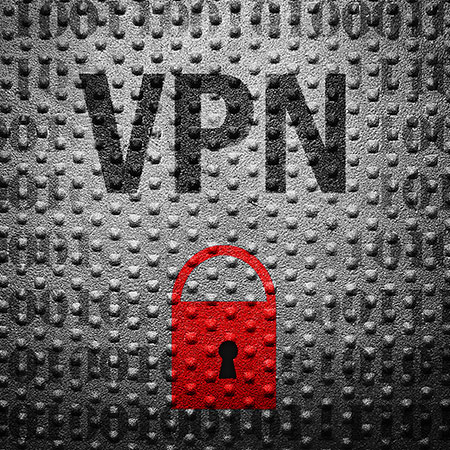VPN vs HTTPS – is it a real choice?
Last updated on May 16th, 2019 in VPN

Not a super popular issue, but never the less something that comes up in your conversations and questions to our support. Is HTTPS better? Do I really need
Before we get to actual comparison or if we get to it at all once you learn the differences between HTTPS protocol and VPN protocol, we would need to try to explain what is HTTPS protocol in the first place.
HTTPS stands for Hypertext Transfer Protocol Secure. It is used to provide secure authentication of the website. This goes together with authentification of the web server itself. Thanks to HTTPS protocol it is now possible to prevent man-in-the-middle attacks as well as DNS hacking and phishing attempts. Simply, with active HTTPS you are sure, that the website you connect to is the real one, the one you wanted to access. HTTPS does all the same things that HTTP protocol did, but with an added layer of security.
It is very easy to recognize and check if the website you use uses the HTTPS protocol.

All you need to do is to click or touch the “padlock” symbol visible in the address bar of the browser. Also, if the website is using HTTPS protocol, it is how the web address starts. With HTTPS instead of HTTP.
As you know, from our many posts like “What is VPN?“, the VPN protocol and VPN connection secure all data sent from you to the VPN server. You have complete control over VPN connection – when is it active, and when data flows through the VPN. The main difference between the two – VPN and HTTPS – is, that it is you who can start and use VPN. And as we said, VPN connection will cover your complete network exchange. HTTPS, on the other hand, has to be implemented on the web server side and secures only data exchanged between you and this specific website.
Unlike VPN, HTTPS has no influence over your IP address. It can not hide it, nor it can be used to change it. And since it works only with websites
A VPN (Virtual Private Network) is a service you can use to protect your online data and identity when you browse the web. Also, it helps you bypass firewall restrictions and geo-blocks that can prevent you from accessing the content and websites you want.
In short and to summarize. HTTPS protocol secures the connection between you and the website and is fully dependable on the website owner, does not hide your IP and can not be used to unblock geographically restricted content.
VPN protocol is available when you subscribe to a VPN service like HideIPVPN. It secures all your network transmissions done through all and any internet connected software. Can be used to hide your real IP address and can be used to unblock and access services not available in your geographical location.